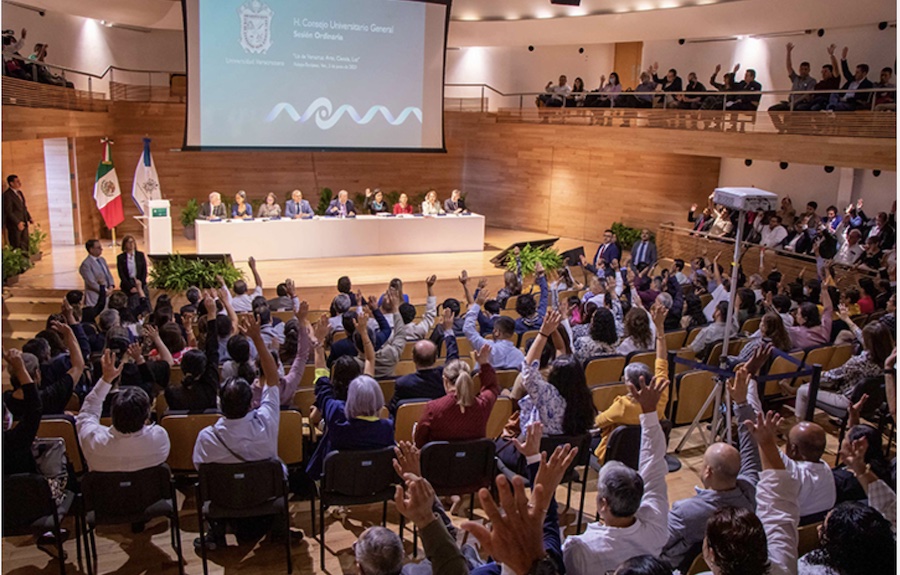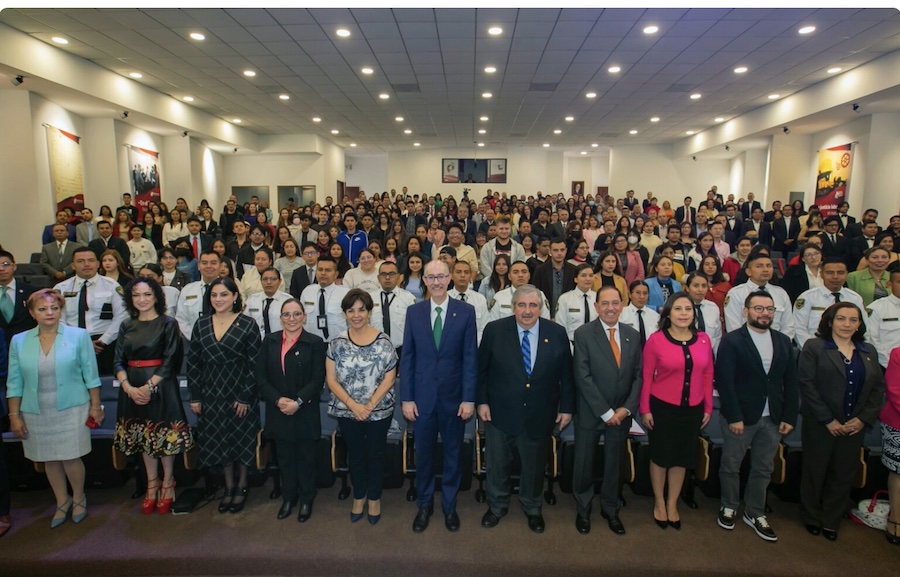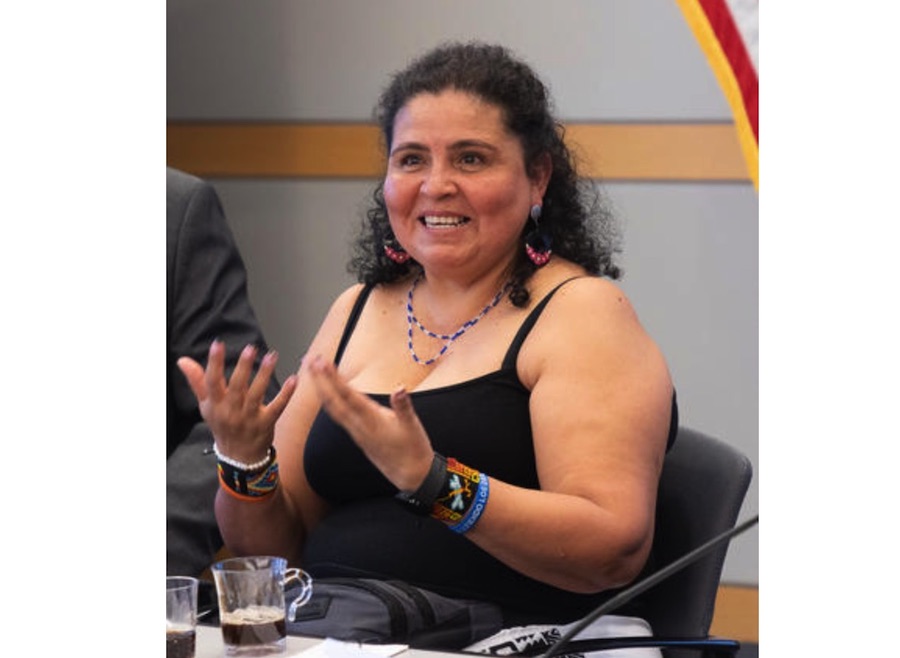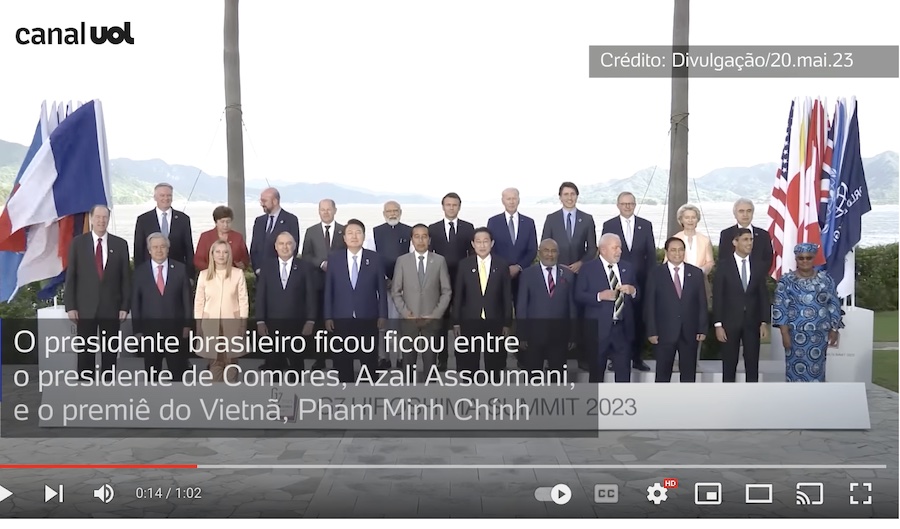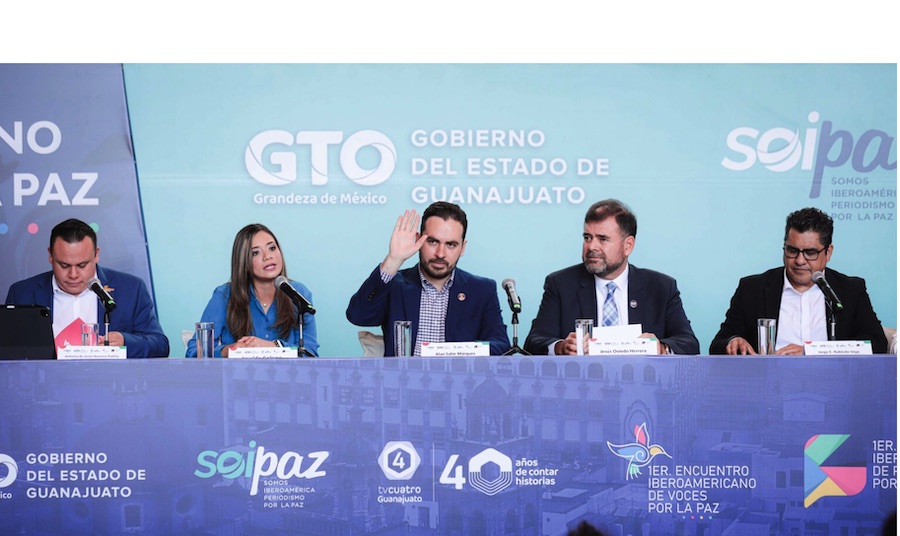DISARMAMENT & SECURITY .
An article from Morning Star Online
Brazil’s President Lula invited all 13 presidents from South America to a summit on May 30 aimed at developing a collective and “common vision and relaunching decisive actions for sustainable development, peace and the well-being of our peoples.”
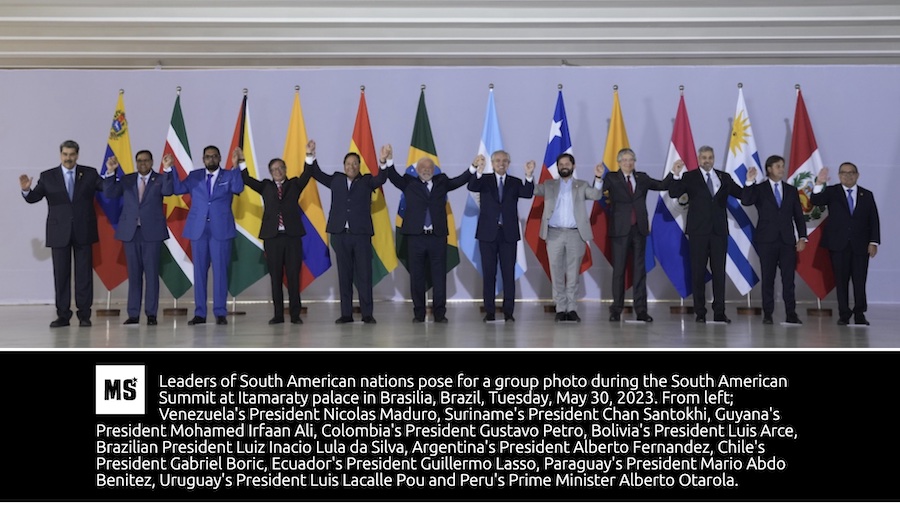
(Click on image to enlarge)
Lula presented 10 proposals to bring about the region’s rapprochement — a consensual approach to economic, social and cultural issues.
Peru’s de facto ruler Dina Boluarte was not present because Peru’s right-wing congress did not authorise her to attend.
Among the proposals, Lula put forward the undertaking of regional investments to assist social and economic developments, mobilising the resources of banks such as Bank of the South, a development bank set up by Argentina, Bolivia, Brazil, Paraguay and Uruguay (Fonplata) and the Venezuelan Economic and Social Development Bank (Bandes).
Lula also made a strong pitch for deepening South American independence and sovereignty in monetary matters through compensation mechanisms and the creation of a common reference currency for trade to reduce the region’s dependence on currencies such as the dollar.
He stressed the need to collaborate at the level of regional planning for which he asked for the updating of the South American Council for Infrastructure and Planning (Cosiplan), emphasising physical and digital integration.
He also stressed the need to reactivate regional co-operation on health, especially on vaccination and health infrastructure.
He went on to focus on regional collaboration in two key strategic areas, energy and defence. The South American nations had already established the Defence Council of the South (Codesur), which due to the US reactionary counteroffensive that led to right-wing governments coming into office in the region between 2009 and 2019, had not been functioning.
Collaboration on the former, given that many South American countries are oil producers would enormously enhance the region’s economic muscle and bargaining position at the international level, especially in the current world geopolitical climate.
Lula proposed to create a high-level structure made up of representatives of all involved presidents to relaunch a renewed regional integration process in South America, stressing the urgency of these tasks — something enthusiastically echoed by Venezuela’s Nicolas Maduro.
During the summit, President Maduro held meetings with various presidents aimed at strengthening strategic bilateral ties with those nations to consolidate paths of co-operation and integration.
Presidents Maduro and Lula met at Brazil’s presidential palace where they celebrated the re-establishment of diplomatic relations, including the reopening of embassies after four years of Brazil’s total break with Venezuela carried out by extreme right-wing president Jair Bolsonaro.
A memorandum of understanding on agri-food matters was signed by representatives from both countries aimed at strengthening exchanges on livestock, food sovereignty and security.
Furthermore, Lula and Maduro discussed the possibility of Venezuela joining the Brics coalition (made up of Brazil, Russia, India, China and South Africa), which Lula strongly supports, opening the possibility of the two countries making use of the common currency Brics intends to issue.
Maduro also held a meeting with Colombia’s President Gustavo Petro at Itamaraty, Brazil’s Ministry of Foreign Relations, that resulted in the signing of the Agreement for the Creation of the Neighbourhood and Integration Commission to co-ordinate co-operation on their extensive common border.
(Continued in right column)
Questions related to this article:
Latin America, has it taken the lead in the struggle for a culture of peace?
(Continued from left column)
The border has been the favourite area of operations for narco-trafficking paramilitaries as well as a base for Colombia-sponsored paramilitary and other operations against Venezuela.
President Petro has become a key figure in the dialogue persistently advocated by President Maduro between Caracas and the far-right opposition in Venezuela.
Petro organised an international conference on Venezuela, held in Bogota, to encourage talks between them.
Maduro also met Bolivia’s President Luis Arce, also at Itamaraty, seeking to strengthen strategic ties between the two nations. While Venezuela is rich in oil resources, Bolivia is rich in natural gas.
The meeting took place within the framework of 13 co-operation agreements signed last April between the two presidents as part of the Venezuela-Bolivia Joint Integration Commission.
Following Lula and Maduro’s encouragement to strengthen Unasur, Petro announced Colombia’s re-entry into the regional organisation.
Perhaps most significantly, Lula vindicated the political legitimacy of the Maduro government: at a joint press conference with Maduro, Brazil’s president expressed joy in saying “Venezuela is back!”
He stressed that Venezuela is a democracy and any view to the contrary is the result of a false “political narrative” of “authoritarianism and anti-democracy” from the enemies of Venezuela.
He added: “I have argued a lot with European social democrats who defend democracy and do not understand that Venezuela is a democracy.”
Lula went further to state that it is incredible that the nation has been inflicted by over 900 sanctions because the US does not like it.
He went on to say that to deny Maduro was the president of Venezuela, and to recognise Juan Guaido instead, was the “most absurd thing in the world.”
Lula also expressed a strong wish that Venezuela goes back to being a fully sovereign nation where “only its people through a free vote, decide who will govern the nation.”
In stark contrast to “civilised” Europe, Paraguay’s recently elected president, Santiago Pena, a rightwinger, in an interview with the BBC declared: “There is only one president in Venezuela and his name is Nicolas Maduro.”
On the 31 tons of Venezuelan gold held in the Bank of England, Lula was unequivocal: “That gold reserve, instead of being placed under the custody of Guaido, must be placed in the custody of the Venezuelan government.”
Lula added that Brazil’s relationship with Venezuela should not just be commercial; it needs to be political, cultural, economic and technological.
He said this could be around university partnerships and even their armed forces, working together in their common border “to combat narco-trafficking.”
Lula’s proposal for Venezuela to join the Brics coalition and Venezuela’s enthusiastic willingness to do so was instantly welcomed by China and Russia.
This is in the context of Brazil’s former president Dilma Rousseff, who was deposed by convoluted right-wing machinations in 2016, being appointed president of the Brics New Development Bank.
With Lula’s summit, South America’s regional integration has taken a qualitative leap forward. It confronts serious complexities in the neoliberal legacy left by the right-wing administrations which wrecked several national economies in a very short period.
Washington’s policy combines heavy-handed interventionism to bring about regime change, especially against Venezuela, with a “divide and rule” policy that was successful in bringing the likes of Bolsonaro, Mauricio Macri, Ivan Duque, and many other right-wing leaders to power.
The summit is a strong reaffirmation of the region’s collective sovereignty — all factors of enormous strategic significance. It is also a victory for multipolarity, and objectively a substantial setback for the US and its accomplices.




